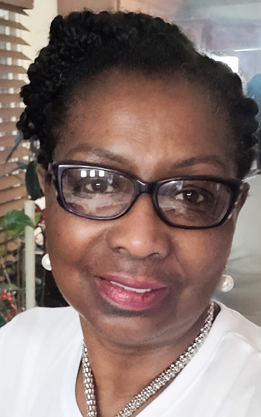
By Pierrette “Petee” Talley, Convener/President
Ohio Coalition on Black Civic Participation, Ohio Unity Coalition
And Amber L. Currie, MPH, CHES
Hospital Anti-Racism Project Coordinator
www.ohiounitycoalition.org
Last year, racism was the news cover story for most of the summer following the death of George Floyd who became yet another black man killed at the hands of police officers. There were protests and disruptions, all while the COVID-19 pandemic raged and claimed the lives of hundreds of thousands often disproportionately Black Americans.
What followed were cities, counties, local governments, public health and educational entities making declarations that “racism is a public health crisis.” This was an important first step, but confronting racism is an evolving process that affords people and institutions the opportunity to explore and acknowledge their own explicit and implicit biases and address external and internal racism.
Addressing racism is more challenging for institutions. Health care systems, like all institutions that developed in a racist culture, must address not just the diversity of staff at all levels, but the implicit biases of personnel and medical professionals and the policies and practices that perpetuate, reinforce and amplify systemic and institutional racism. This includes examining intake policies, the use of racial modifiers in medical algorithms, and patient protocols.
The hospital systems committed to the work of confronting racism must engage the African-American community. Authentic antiracism initiatives must include collaboration with ground level, African-American community members and other people of color to design and implement antiracist initiatives and demonstrate commitment and accountability to the community.
The Ohio Unity Coalition has begun to survey the local community in order to learn how people are experiencing discrimination in health care settings. The data will be shared with local health and hospital systems with hopes of collaboration that engages African Americans and other communities of color, which we believe will lead to more impactful solutions that will create greater health equity and healthier communities.
Very preliminary results of the survey reveal that more than half of the people who’ve taken the survey have indicated their experience with discrimination in health care is due to their ethnicity or race. Antiracist Initiatives that authentically engages the community are a benefit for everyone.
TAKE THE SURVEY: Use your phone and scan the QR code or go to the website
